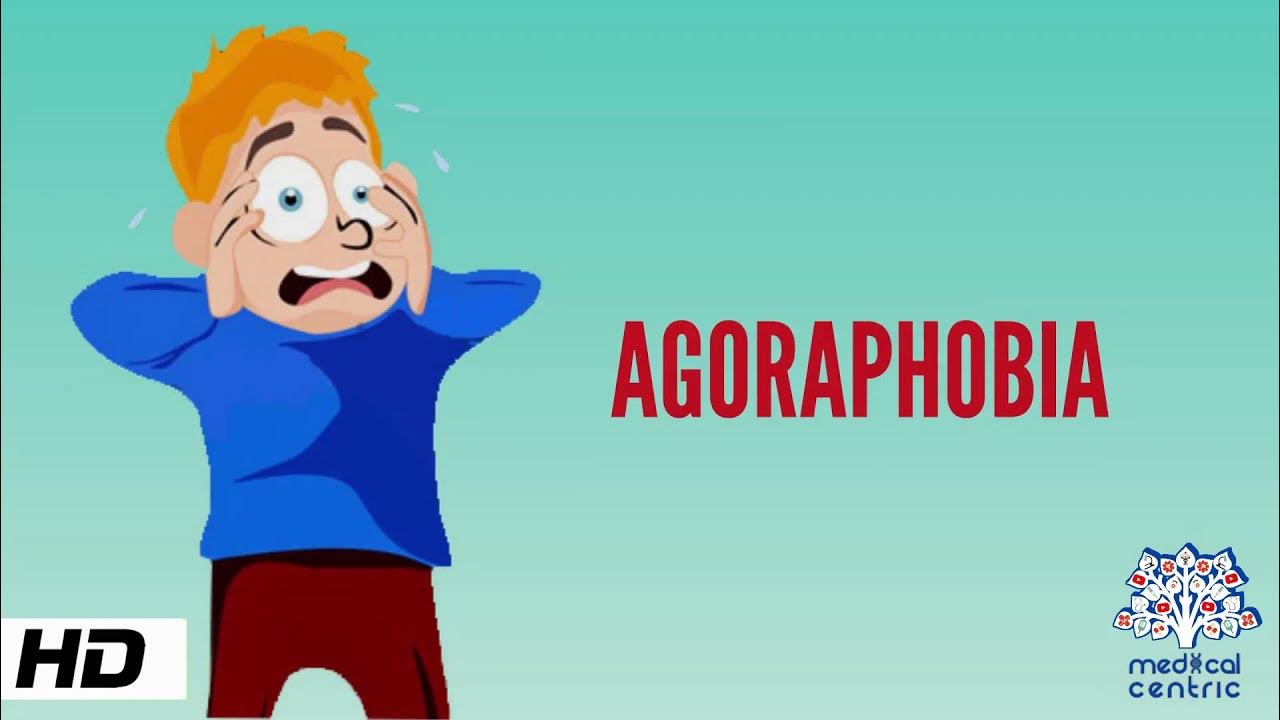Agoraphobia is an anxiety disorder characterized by intense fear or anxiety in response to situations or places that involve open spaces, public places, or situations where escape might be difficult or help unavailable. These fears can be so overwhelming that they interfere with normal social, occupational, and other important aspects of life.
The exact cause of agoraphobia is not fully understood, but it is believed to involve a combination of genetic, neurobiological, and environmental factors. Studies have shown that individuals with agoraphobia have differences in brain structure and function compared to those without the disorder. Additionally, certain neurotransmitter systems, such as serotonin and norepinephrine, play important roles in regulating anxiety and fear responses.
Treatment for agoraphobia typically involves a combination of medication and therapy. Medications such as selective serotonin reuptake inhibitors (SSRIs) or serotonin-norepinephrine reuptake inhibitors (SNRIs) can be used to reduce anxiety symptoms by increasing levels of neurotransmitters in the brain. Therapy, such as cognitive behavioral therapy (CBT), can also help individuals with agoraphobia learn coping strategies and gradually overcome their fears.
It’s important to note that while medication can be an effective treatment for some individuals with agoraphobia, it is not a cure and may need to be taken long-term. Additionally, the effectiveness of medication can vary depending on the individual and the severity of symptoms. It’s important to work closely with a healthcare provider to develop a personalized treatment plan that takes into account the individual’s unique needs and circumstances.
It’s also worth noting that agoraphobia is a common mental health disorder, with an estimated 19 million adults in the United States experiencing it at some point in their lives. It’s important for individuals who experience agoraphobia to seek help from a healthcare provider or mental health professional to receive appropriate treatment and support.

